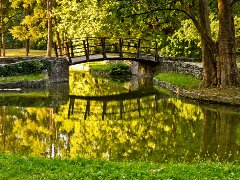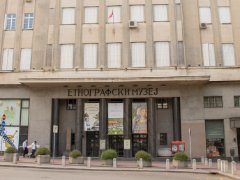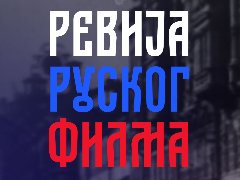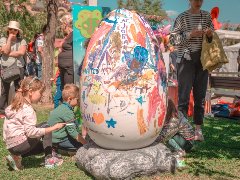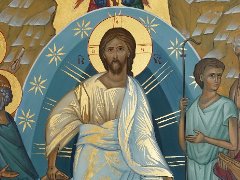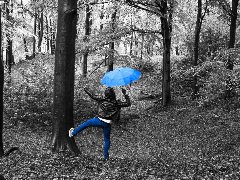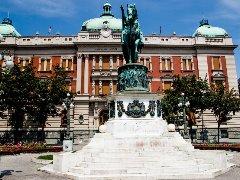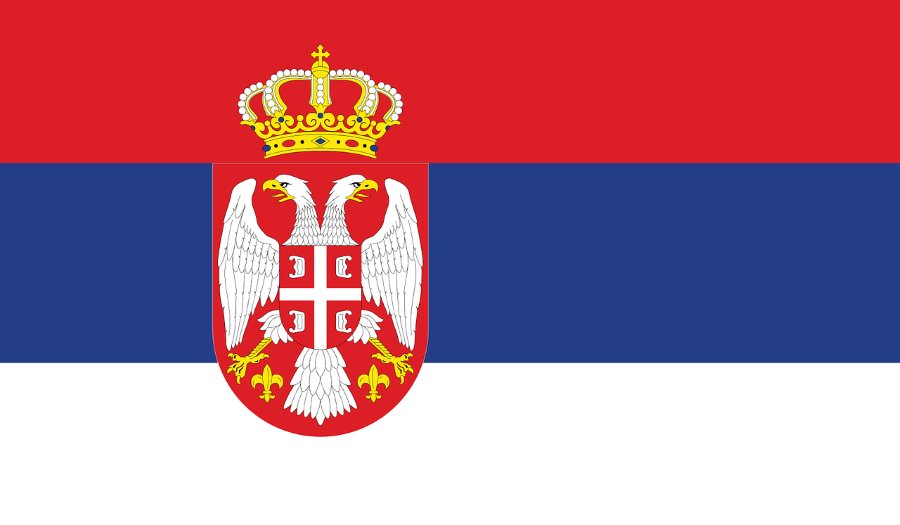
The pre-Christian deity, the early Christian saint, the historical date, the myth, the sanctity and warning, the day of physical defeat, but the spiritual victory - all this is Vidovdan, the saddest and most important religious and national holiday of the Serbs, wherever they are. Svetovid, the Slavic god of abundance and war, or Sveti Vid (Saint Vitus) in early Christianity, is honored as a saint in Bulgaria as well. Nevertheless, in Serbia, 28th June is much more than a religious or national holiday.
Vidovdan is embedded in the identity of the people, its history, moral principles and values. Saint Vitus is a symbol of survival, so in legends his healing power, but also knowledge - insight are mentioned. Embedded in a national flag and a coat of arms, the four Cyrillic letters S that look at the four sides of the world are the symbol of Saint Vitus who looks and sees everything. These letters are in the cross, and this holiday has a great Christian significance not only for Serbs, but also for a large part of Europe.
The last defense of Europe and Christianity from the invasion of the Ottoman Empire in 1389 occurred exactly on Vidovdan, in Kosovo, at Gazimestan. Numerically superior, the Turks defeated the Serbian army and killed the last Serbian Prince Lazar (In Serbian epic poetry, he is referred to as Tsar Lazar). However, the course of the battle was on the side of the Serbs, so the messengers even informed Vienna about the victory of Christianity, and the bells of the Vienna churches marked the victory. The victory was in the hearts and in the legends created after the battle.
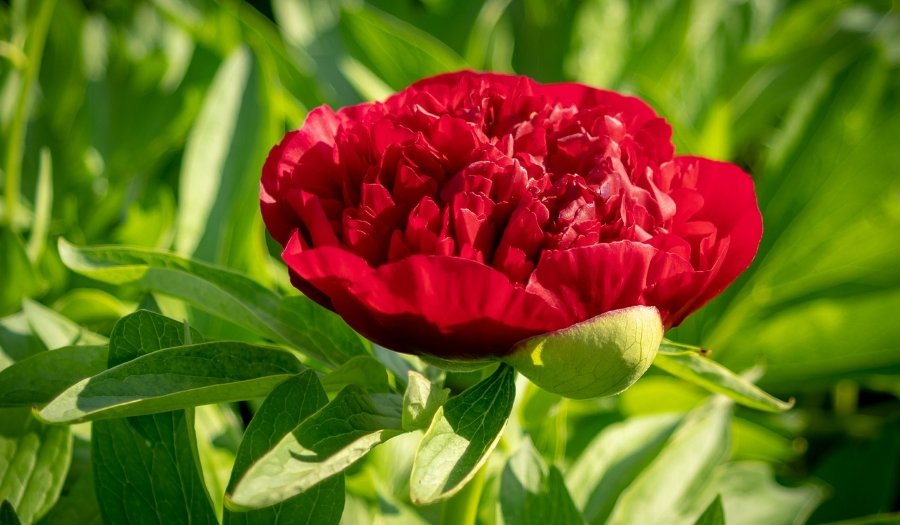
Vidovdan became a symbol of the defense of Christianity, and the participants were national heroes. Both emperors, both Serbian and Turkish, lost their lives. Tsar Lazar was proclaimed a holy martyr and his body was transferred and buried in the monastery Ravanica near Cuprija. The legend says that before the battle in Kosovo, the angel of the Lord spoke to Prince Lazar with the words: "Which kingdom will you choose, the world or the heaven?" Therefore, in Serbian history Vidovdan is presented as a choice between practical and morally correct. At Gazimestan there is a red Kosovo peony as endemic species.
According to folk belief, at midnight on the eve of Vidovdan, rivers turn red and flow upstream. Vidovdan represents the Day of mourning. People do not dance or sing, there are commemoration services for all the victims of all wars in churches. Vidovdan is a national holiday in the Republic of Serbia, but it is a working day. Vidovdan is St. Patron's Day and, on that day, food is prepared according to fast.
RELATED CONTENT
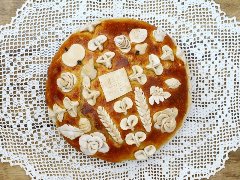
Saint Nicholas is coming and these are the customs that are observed
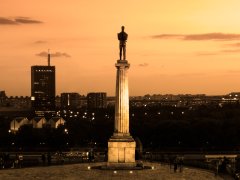
Top 7 monuments in Belgrade that you must see
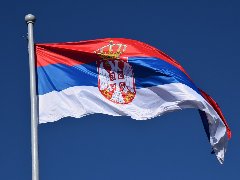
Today is Vidovdan
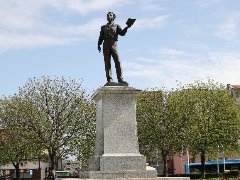
A small story about the great Pushkin

Taxi in Belgrade

The tourists are back in the city

Plum brandy - sljivovica inscribed on the UNESCO list
